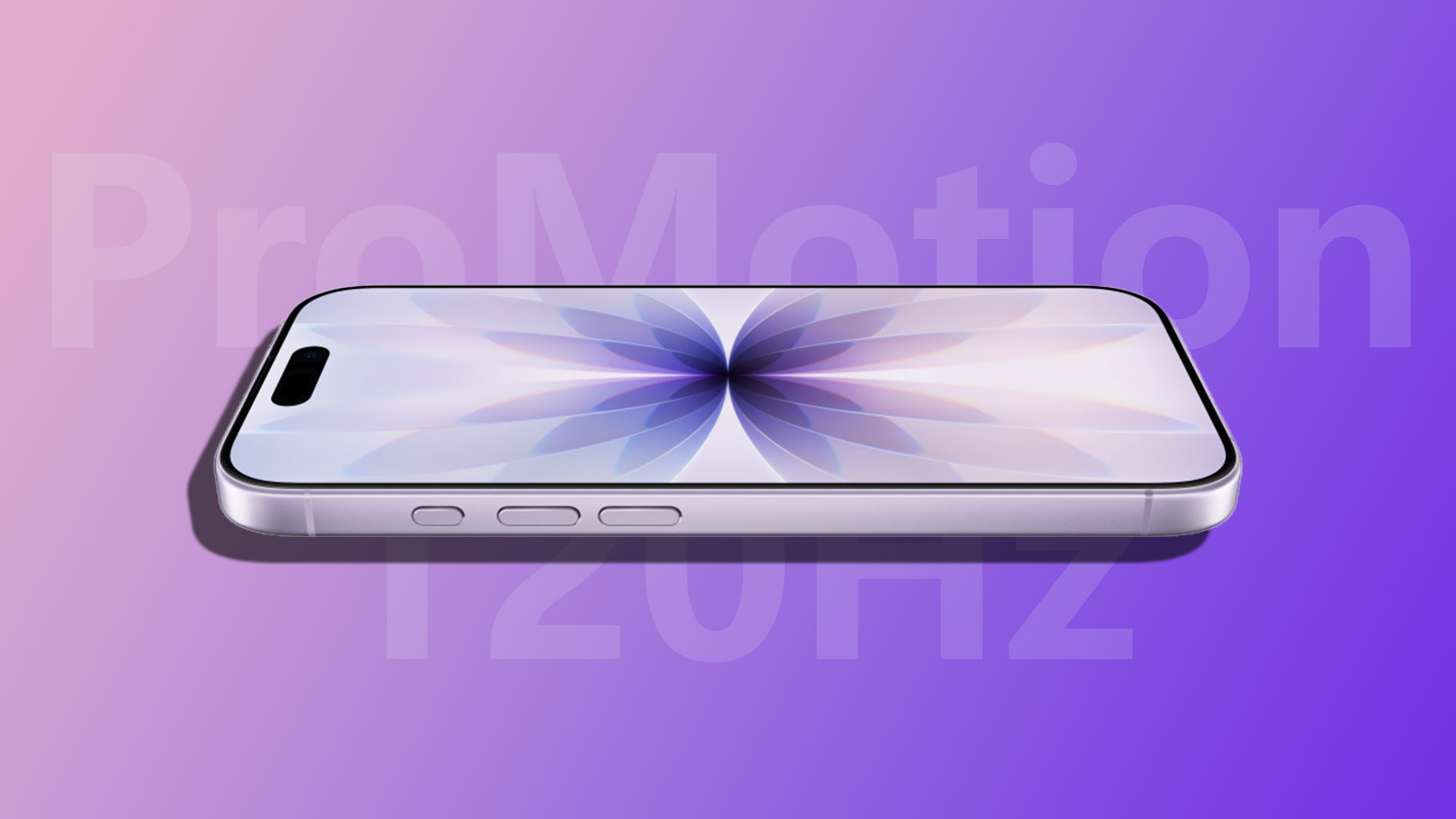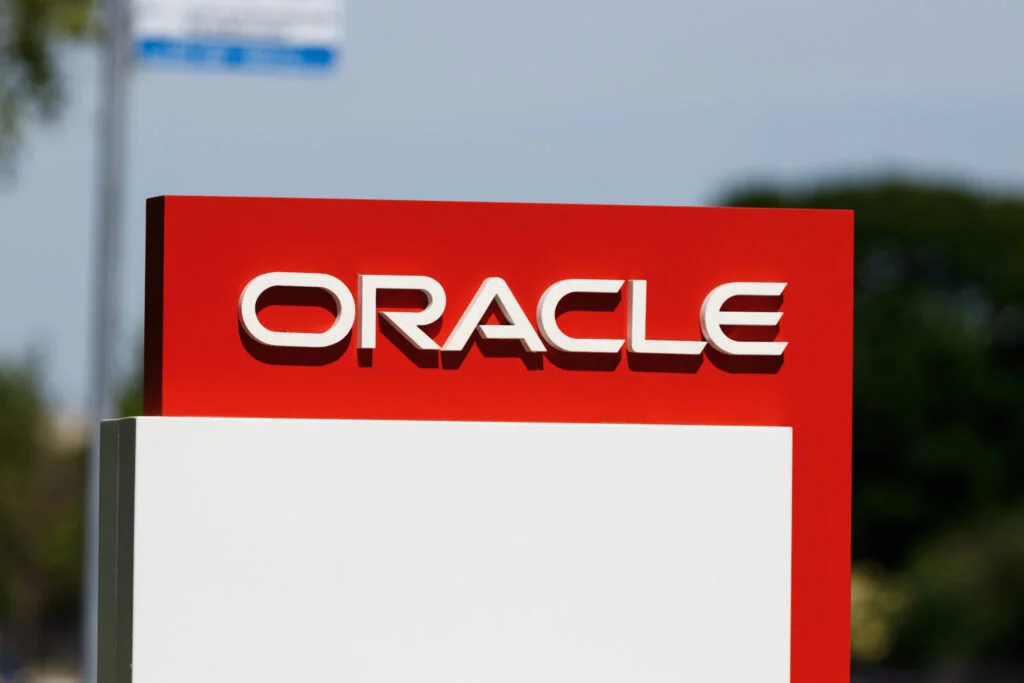By New Telegraph,Tony Chukwunyem
Copyright newtelegraphng

The Lagos Business School (LBS) has described digital transformation in banking, finance, and taxation as “an interconnected force” fuelling Nigeria’s economic evolution.
The Dean, Lagos Business School, Professor Olayinka David-West, stated this at the 35th annual conference of the Finance Correspondents Association of Nigeria (FICAN) held over the weekend in Lagos under the theme, “Bracing for the Digital Economy in Nigeria: Taxation, Banking and Finance.”
The conference saw industry stakeholders, including the Federal Inland Revenue Service (FIRS), Central Bank of Nigeria (CBN), the Nigeria Deposit Insurance Corporation (NDIC) and leading banks converging to share insights and shape the country’s digital economy roadmap.
David-West, who was represented by Prof. Akintola Owolabi, Department of Cost and Management Accounting at LBS, emphasised the need for Nigeria to embark on a transformative digital journey that can redefine its economy and significantly improve the quality of life for its citizens.
She said: “Seamless digital payment systems underpin efficient tax collection; widening financial inclusion expands the taxable base; and transaction data powers evidence-based policy and enforcement.”
David-West also noted that the country’s e-commerce market is expected to exceed $16 billion by 2030, supported by pioneering platforms like Jumia and Konga.
She affirmed that the strategic vision at LBS aligns closely with advancing digital transformation and promoting financial inclusion, aiming to develop the leaders needed to navigate and drive this emerging landscape.
The LBS Dean said: “Nigeria’s digital economy is undergoing remarkable growth, energised by a young and dynamic population alongside rapid digital adoption. According to the Nigerian Communications Commission’s 2024 report, internet penetration has reached 43.5 per cent, with over 163 million Nigerians online as of March 2024.
The telecommunications sector contributes around 18 to 20 per cent to Nigeria’s GDP, highlighting the vital role of information and communication technology (ICT) as a driving force in the economy.”
She pointed out that, “this digital revolution transcends statistics; it reshapes commerce, services, and livelihoods. Our burgeoning e-commerce market, projected to exceed $16 billion by 2030, is fuelled by trailblazing platforms like Jumia and Konga.
“Innovative logistics startups such as Kwik and GIGL illustrate how digital technologies spawn entirely new value chains, enhancing efficiencies and expanding economic opportunities. Such developments promise exponential employment gains, diversification away from oil dependence, and transformative service delivery across sectors.”
According to her, with Nigeria’s fintech ecosystem attracting over $2 billion in investments in 2024, thus sustaining its position as the continent’s financial technology powerhouse, the country’s financial sector “is both a driver and beneficiary of the digital revolution.”
David-West highlighted how digital payments and mobile money services can serve as a foundation for formalising vast informal sectors, enhancing tax compliance, and integrating businesses into formal financial systems.
She, however, said: “Several challenges remain that require immediate attention, including infrastructure deficits such as unreliable electricity and limited broadband access in rural areas, as well as a shortage of digital skills that restrict economic participation.
“It is essential for regulators to carefully navigate the balance between fostering innovation and ensuring consumer protection amid rapid technological advancements.”
In his address, the chairman of the Finance Correspondents Association of Nigeria (FICAN), Mr. Chima Titus Nwokoji, said: “This year, our conference theme is both timely and urgent, focusing on the digital economy, taxation, banking, and finance. Globally, the digital economy has evolved from being merely a promising frontier to a critical backbone of modern growth. In Nigeria and across Africa, we find ourselves on the brink of a significant transformation driven by data, digital payments, artificial intelligence, and cross-border innovation.”
He noted that “Current statistics underscore our potential: the ICT sector contributed 18.3 per cent to Nigeria’s GDP in the second quarter of 2025, and digital payment transactions exceeded N600 trillion in the first half of the same year, showcasing a 22 per cent year-on-year growth. Mobile money usage has surpassed 73 million, successfully reaching rural communities that were previously excluded.
“To further solidify these advancements, the Central Bank of Nigeria has introduced the Payment System Vision 2020, a comprehensive blueprint for our digital future, incorporating AI, blockchain settlements, and cross-border payments enabled by the African Continental Free Trade Area.”
He pointed out that no robust digital economy can flourish without an equitable and effective tax Framework.”



